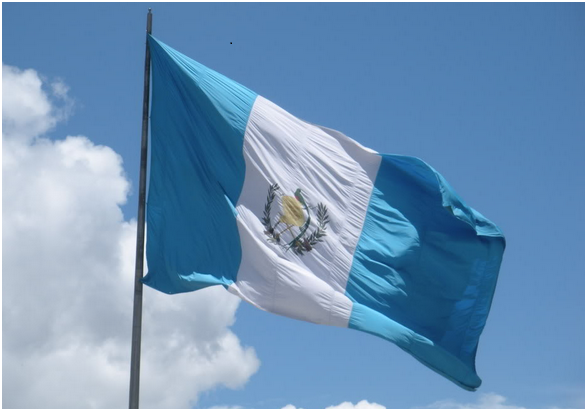
Sep 18, 2012 | Events
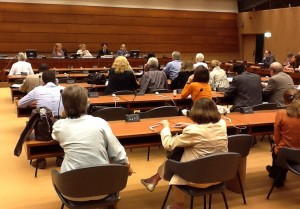 In the margins of the UN Human Rights Council’s 21st regular session, the Centre Europe-Tiers Monde (CETIM) and the ICJ today held a parallel event on impunity and exploitation of natural resources in Guatemala.
In the margins of the UN Human Rights Council’s 21st regular session, the Centre Europe-Tiers Monde (CETIM) and the ICJ today held a parallel event on impunity and exploitation of natural resources in Guatemala.
The event discussed the overall question of justice for indigenous communities in Guatemala. It was followed by the showin of excerpts from Grégory Lassalle’s documentary Des déreives de l’art aux dérivés du pétrole.
Panellists included Ramón Cadena, Director of the ICJ Central America Programme; Hilda Ventura and Mario Mucú, representatives of the Maya communities of San Andrés and Petén; and Melik Özden, UN Representative and Co-Director of CETIM.
HRC21-ParallelEvent-Guatemala-2012 (download flyer, in PDF)
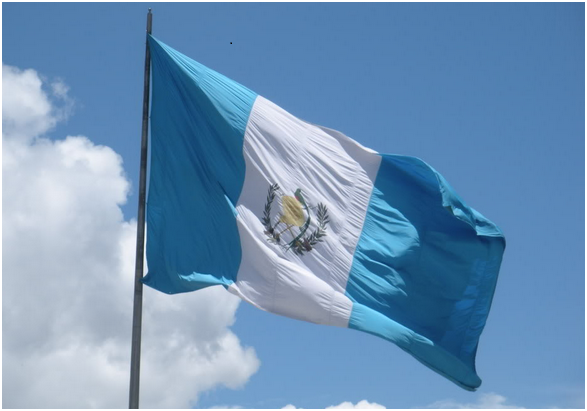
Sep 18, 2012 | Advocacy, Non-legal submissions
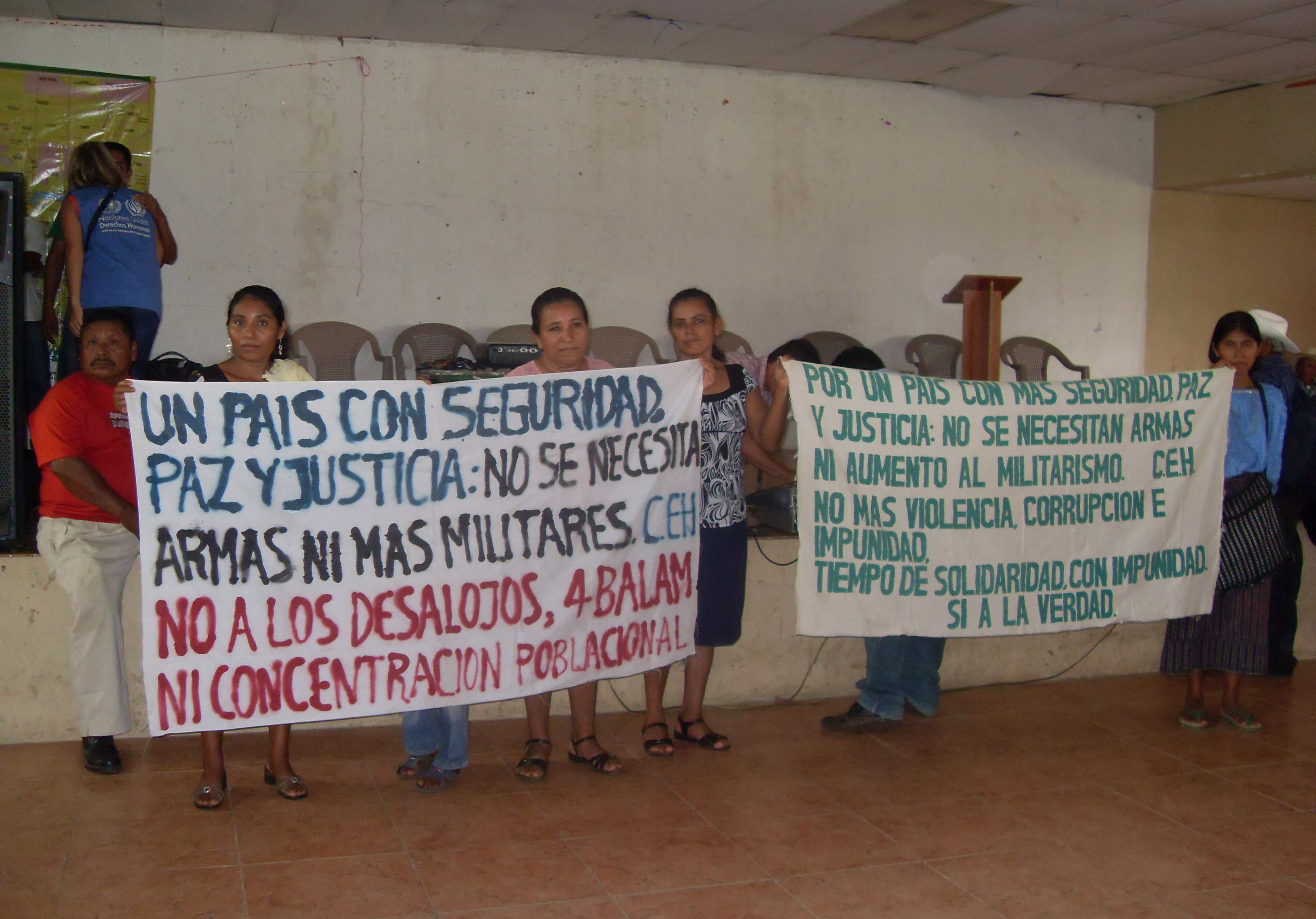 The ICJ called on the UN Human Rights Council to strengthen measures to fight impunity in the department of Petén in Guatemala, and to encourage the Government of Guatemala to adopt measures to protect human rights defenders.
The ICJ called on the UN Human Rights Council to strengthen measures to fight impunity in the department of Petén in Guatemala, and to encourage the Government of Guatemala to adopt measures to protect human rights defenders.
The ICJ delivered its oral statement on 18 September 2012 in the course of a panel discussion on indigenous peoples’ access to justice, during the course of the 21st regular session of the Human Rights Council.
HRC21-Item3-Panel-IPsA2J-OralStatement-non-legal submissions-2012-SPA (download statement, in PDF)
Guatemala-Mision Peten-communicado de prensa-2012-SPA (full text, in PDF)
Guatemala-Informe Acceso a la Justicia-2012-SPA (full text, in PDF)
Guatemala-Criminalizacion de la protesta-2012-SPA (full text, in PDF)
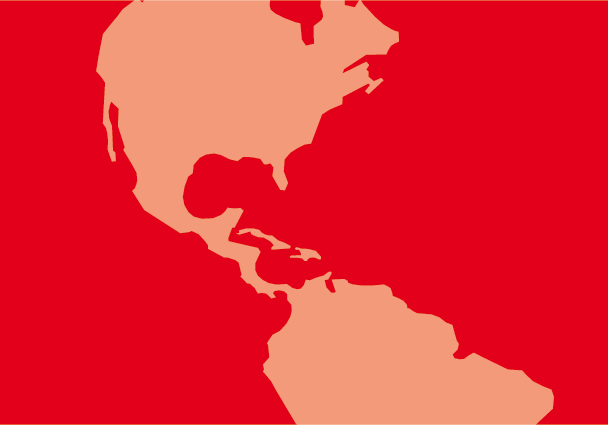
Sep 7, 2012 | News
Comunicado de prensa sobre la estrategia de desprestigio que sufren jueces y fiscales que luchan contra la impunidad.
Los días 3 al 6 de septiembre de 2012, la CIJ llevó a cabo entrevistascon el Pleno de la Corte Suprema de Justicia, la Fiscal General, abogados litigantes, fiscales, jueces, con la Asociación de Jueces y Magistrados del Organismo Judicial (AJMOJ), Colegio de Abogados y con diferentes organizaciones de la Sociedad Civil, con el objeto de recabar información acerca de la estrategia de desprestigio que sufren jueces y fiscales que luchan contra la impunidad en Guatemala y de las actuaciones judiciales que se están llevando a cabo para investigar y castigar los crímenes cometidos durante el conflicto armador o.
Guatemala-pronunciamento CIJ-press release-2012-spa (full text in pdf)
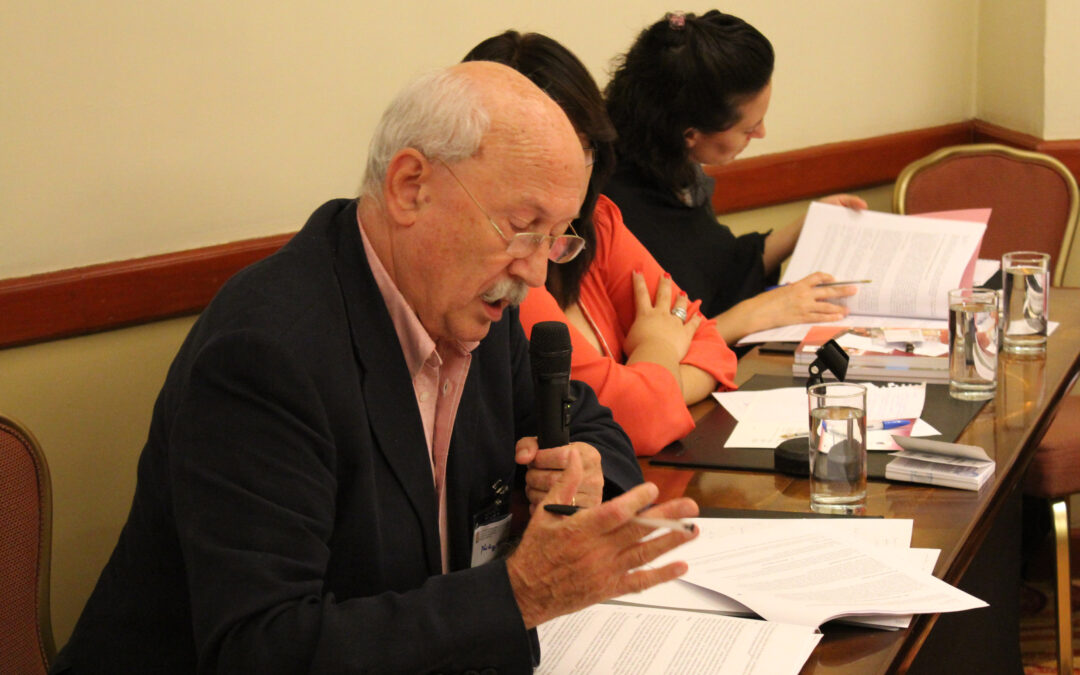
Aug 20, 2012 | News
With the support of ICJ Commissioner Justice Philippe Texier, the ESCR Programme and the Central America Regional Office organized a two-day workshop in San Salvador on August 16 and 17, 2012.
A group of 25 representatives of human rights and development NGOs as well as trade unions, lawyers and academic experts participated in a first consultation on access to justice for victims of violations of economic, social and cultural rights.
The discussions tackled obstacles and advances in the field of access to justice with regard to the legal and institutional frameworks, as well as in the administration of justice and material issues.
Coming from very different backgrounds, the participants valued the opportunity to work together and share their experience related to economic, social and cultural rights (ESCR) of a variety of rights-holders and their attempts to seek justice.
This first consultation and workshop will be followed by other activities in the course of the national project.
Background of the workshop
With national projects such as the one in El Salvador, the ICJ programme on Economic, Social and Cultural Rights aims at contributing to improve accountability for human rights violations and access to justice for all, including for victims of threats against and violations of economic, social and cultural rights.
The ICJ has embarked on research processes at national level to identify obstacles and opportunities for access to justice, as well as on consultation and collaboration processes with national allies to define strategies to address gaps.
Depending on the needs identified, the ICJ will support the implementation of recommendations and steps that includes trainings and legal interventions.

 In the margins of the UN Human Rights Council’s 21st regular session, the Centre Europe-Tiers Monde (CETIM) and the ICJ today held a parallel event on impunity and exploitation of natural resources in Guatemala.
In the margins of the UN Human Rights Council’s 21st regular session, the Centre Europe-Tiers Monde (CETIM) and the ICJ today held a parallel event on impunity and exploitation of natural resources in Guatemala.







